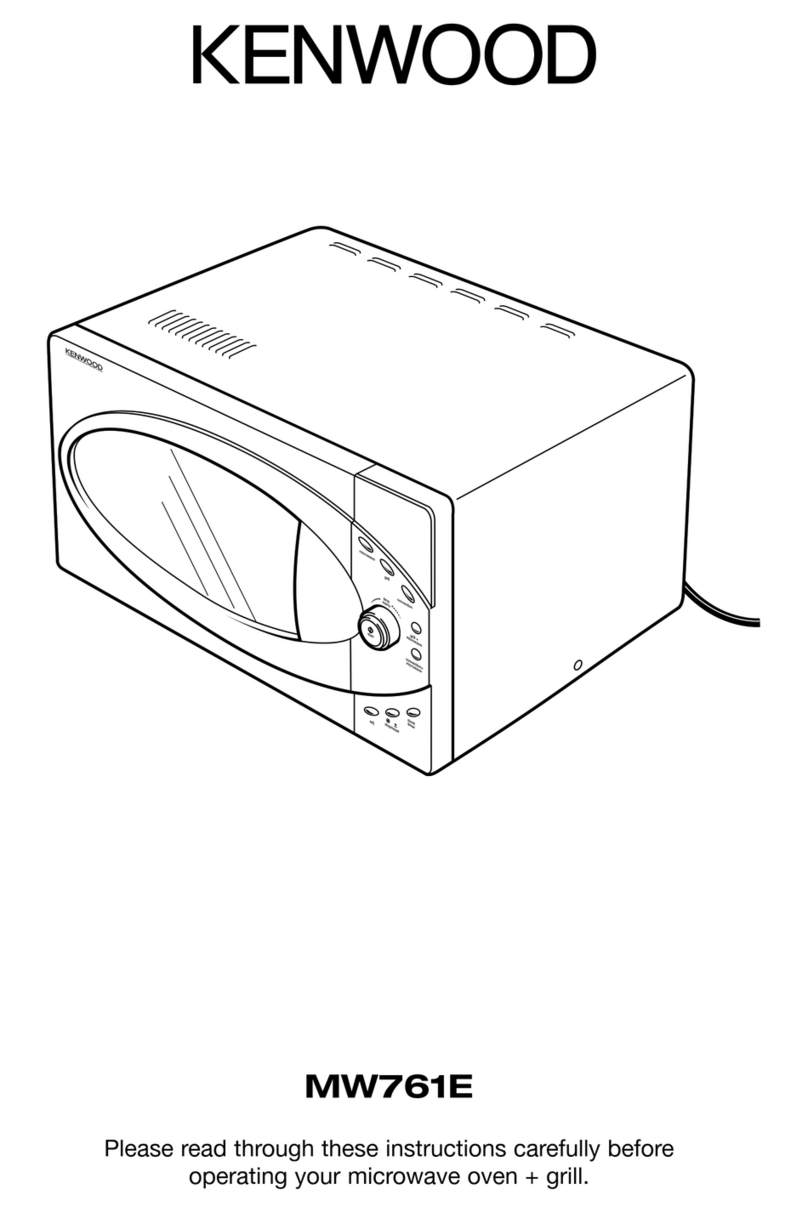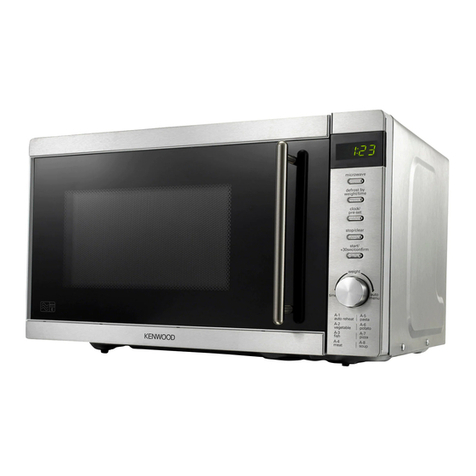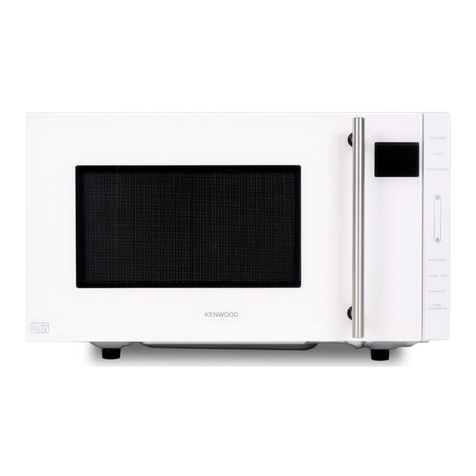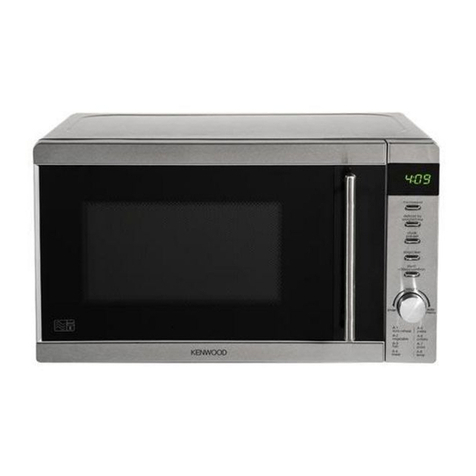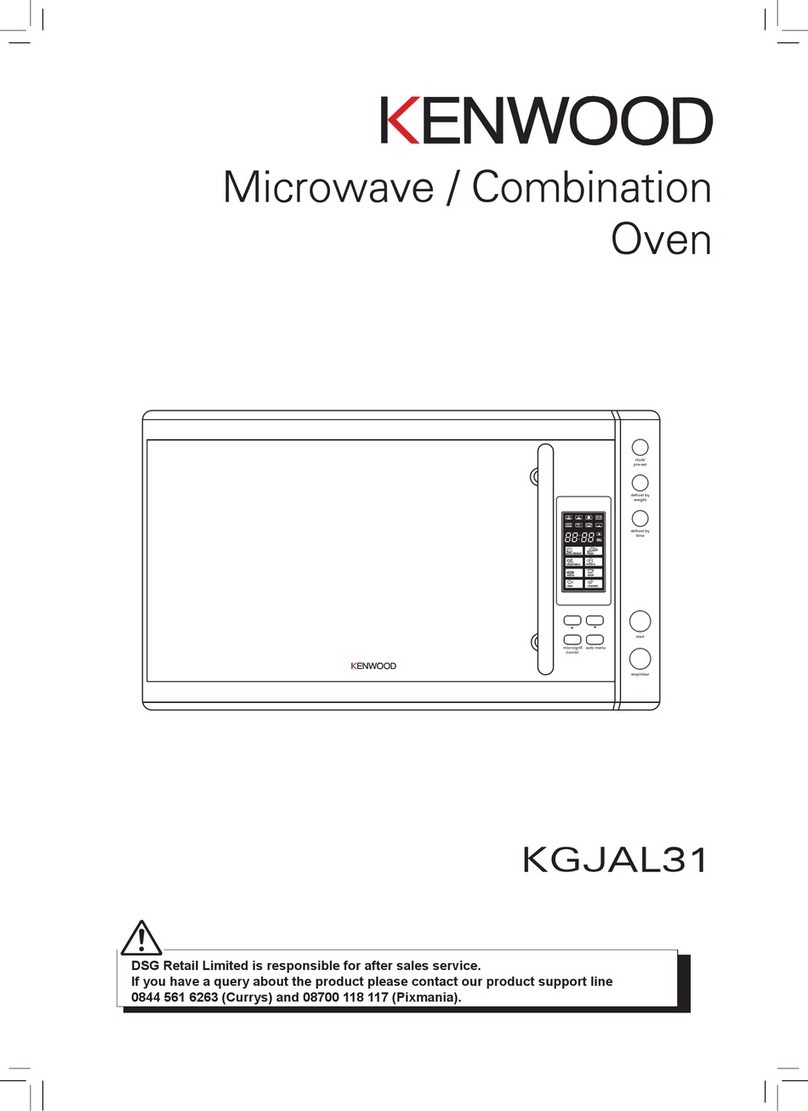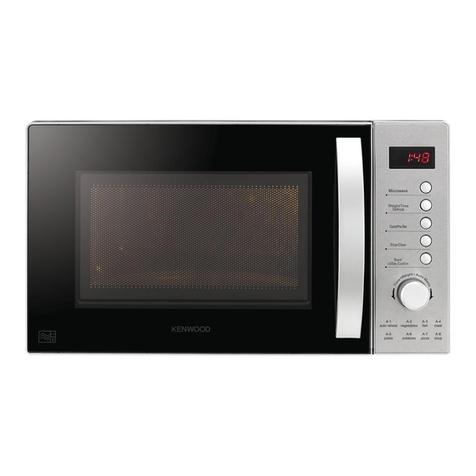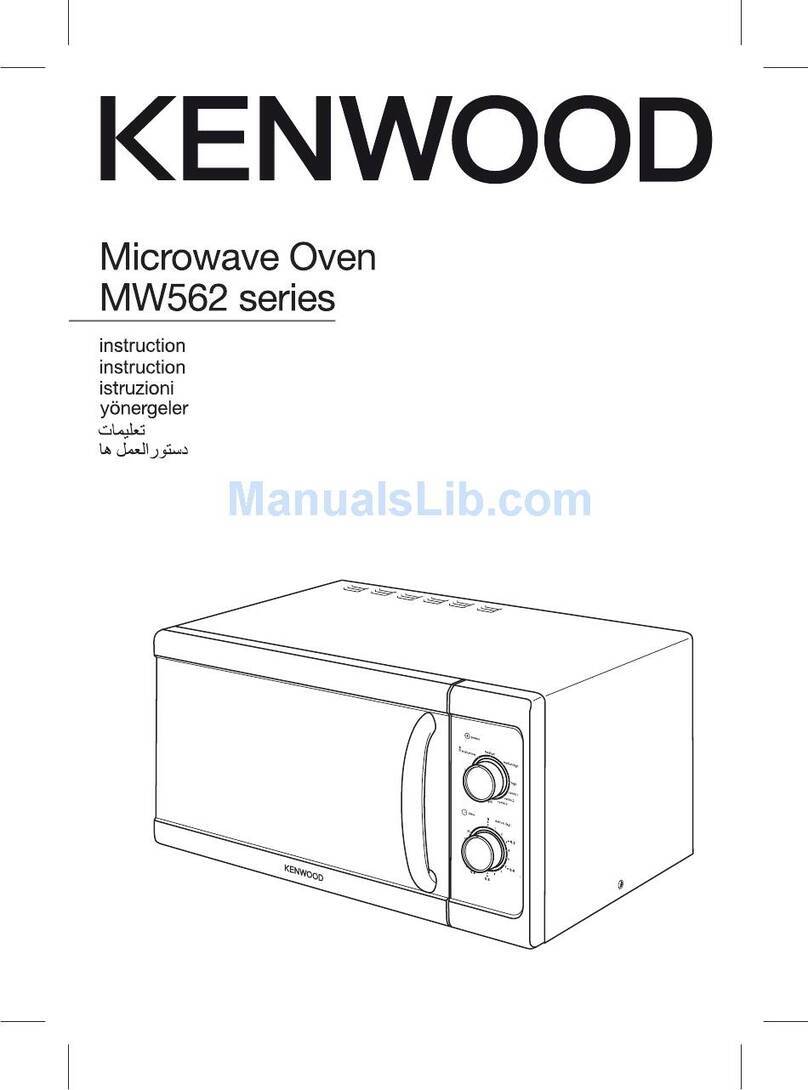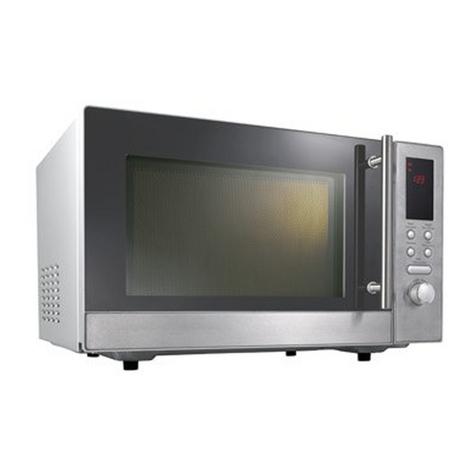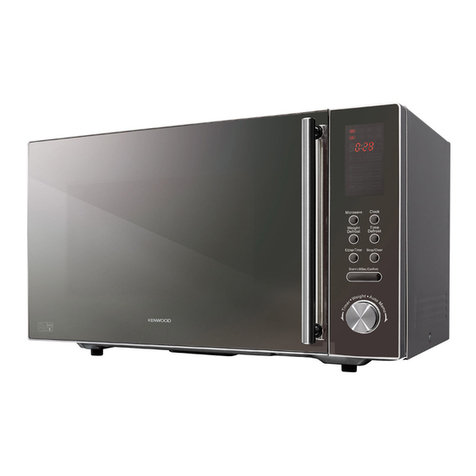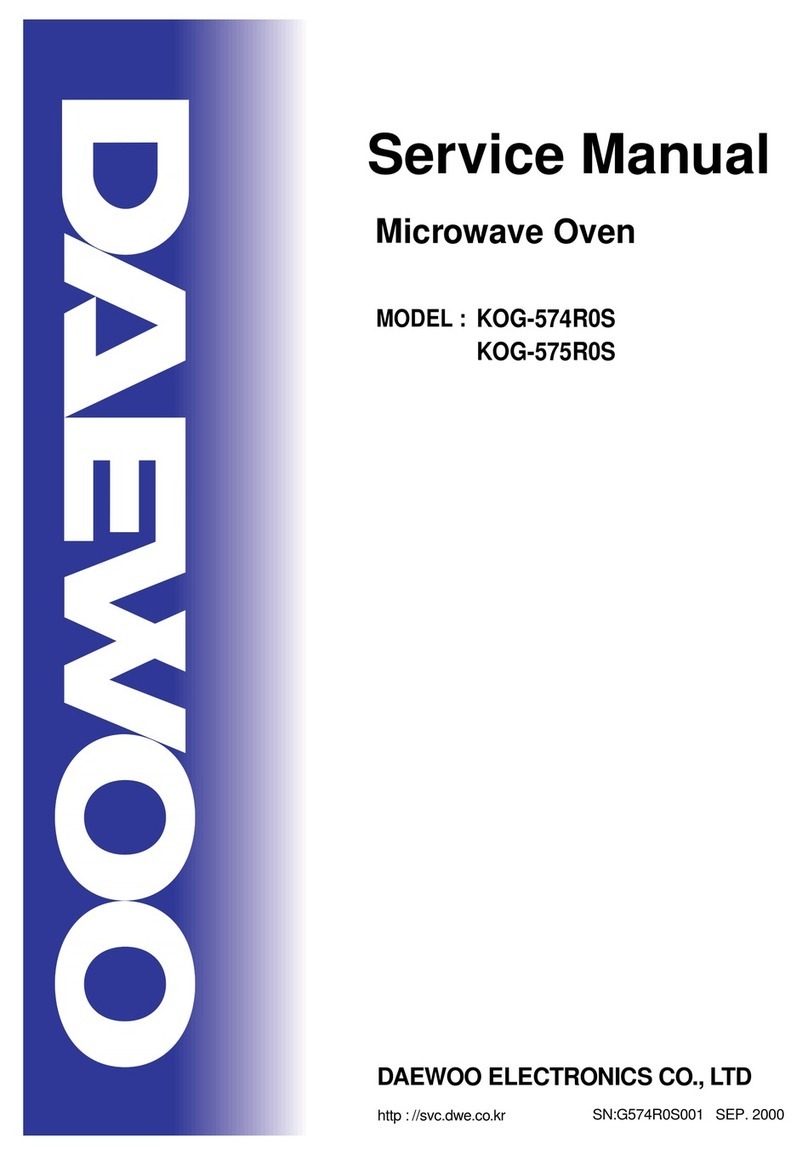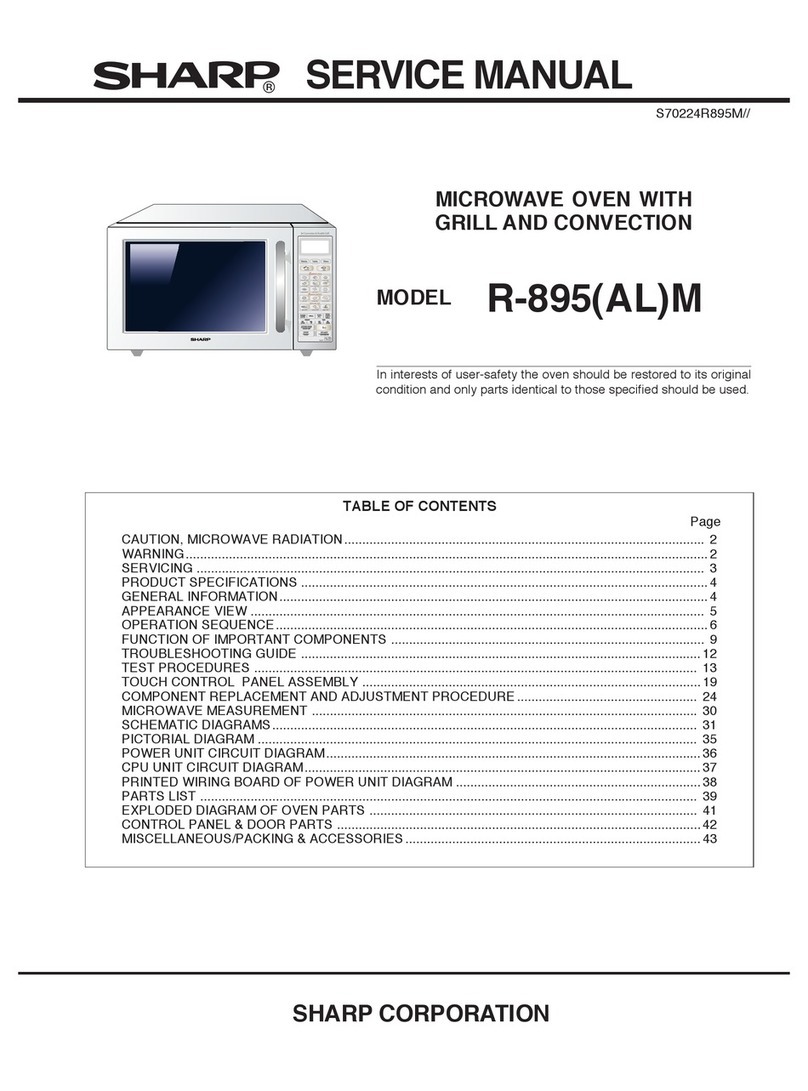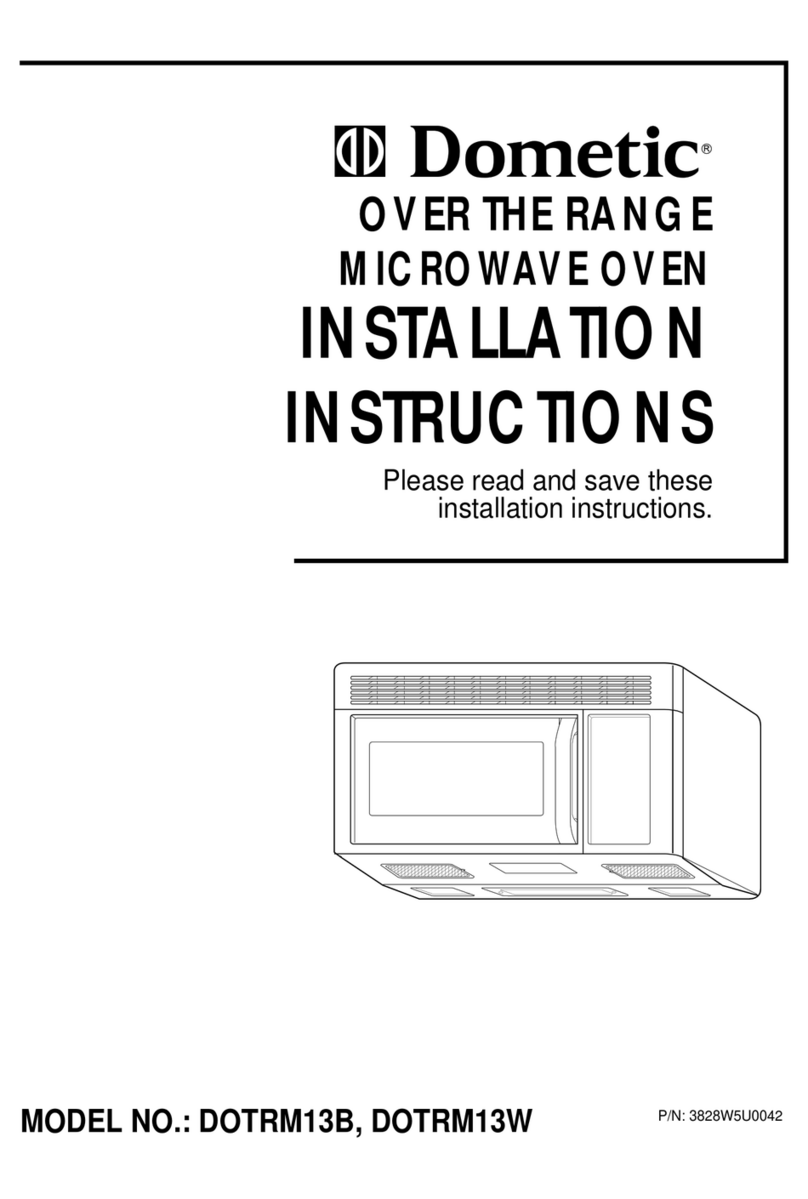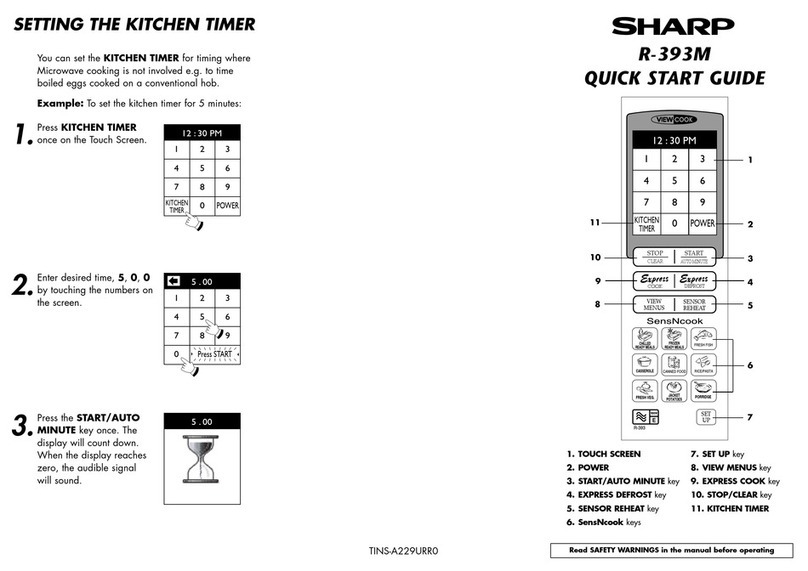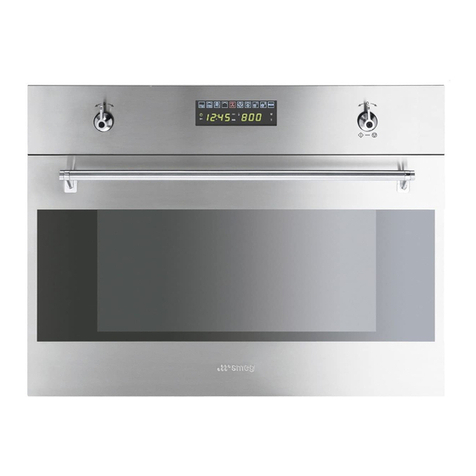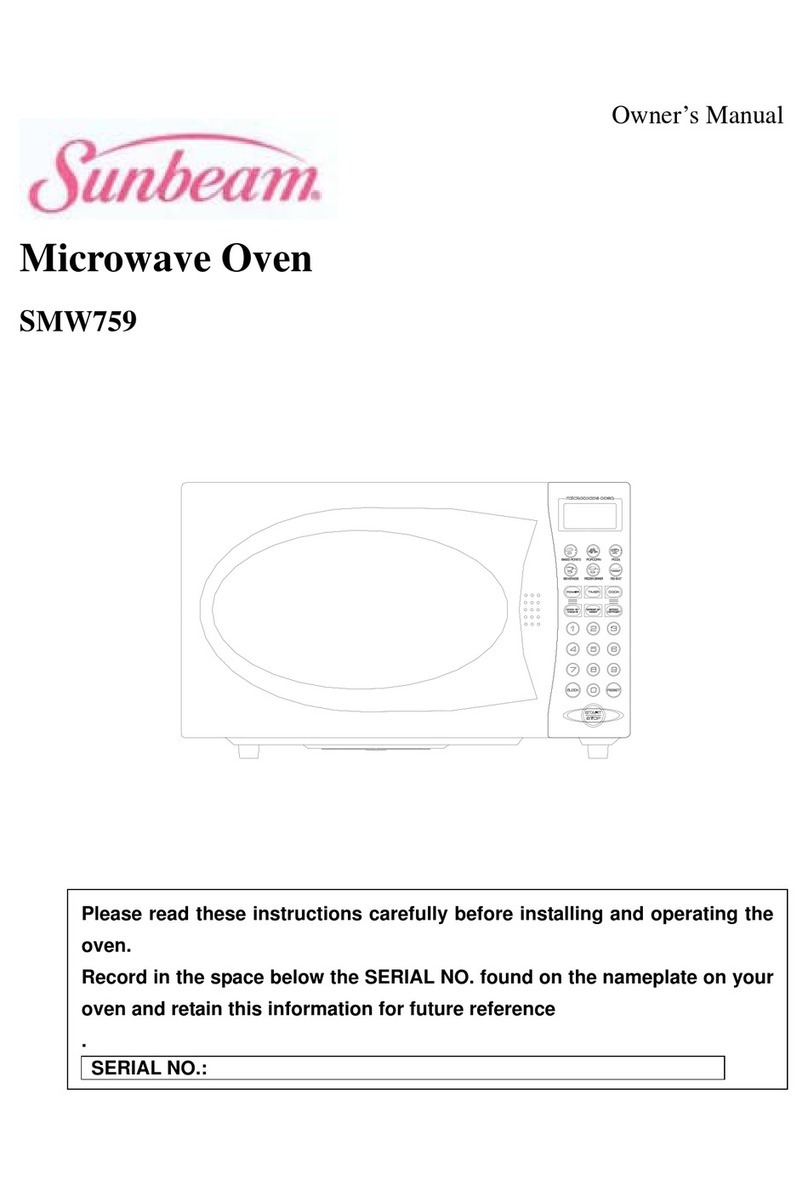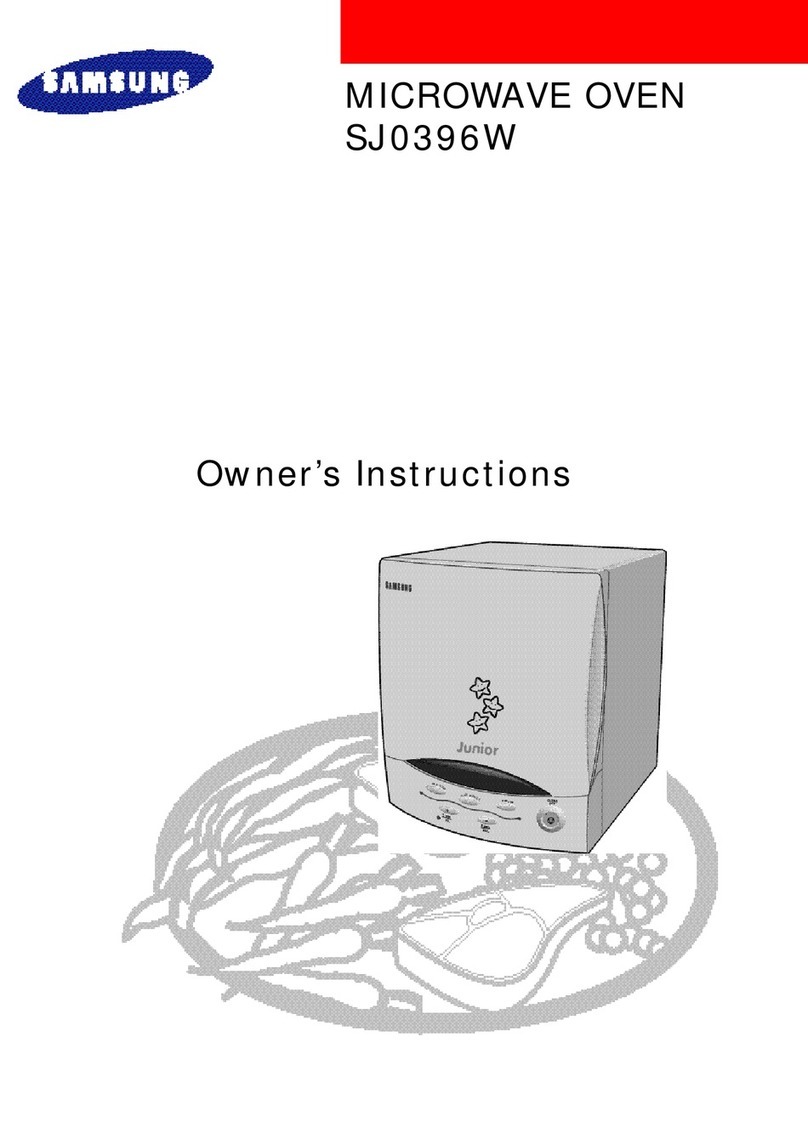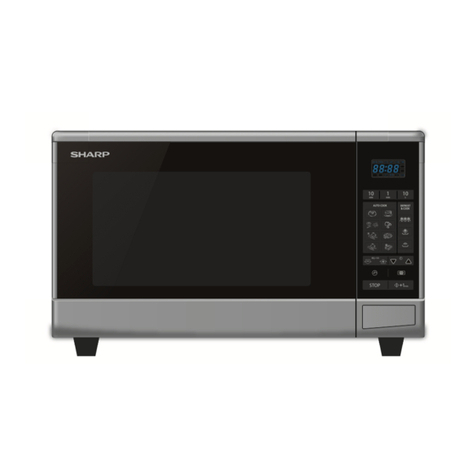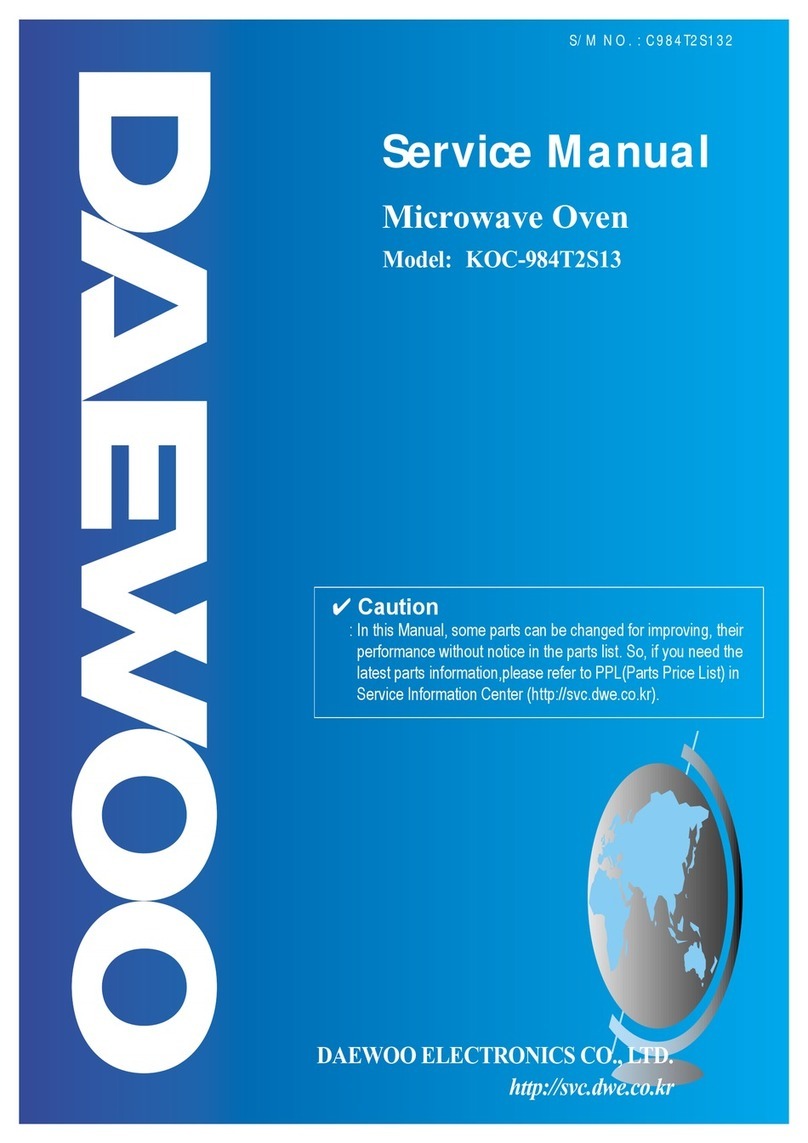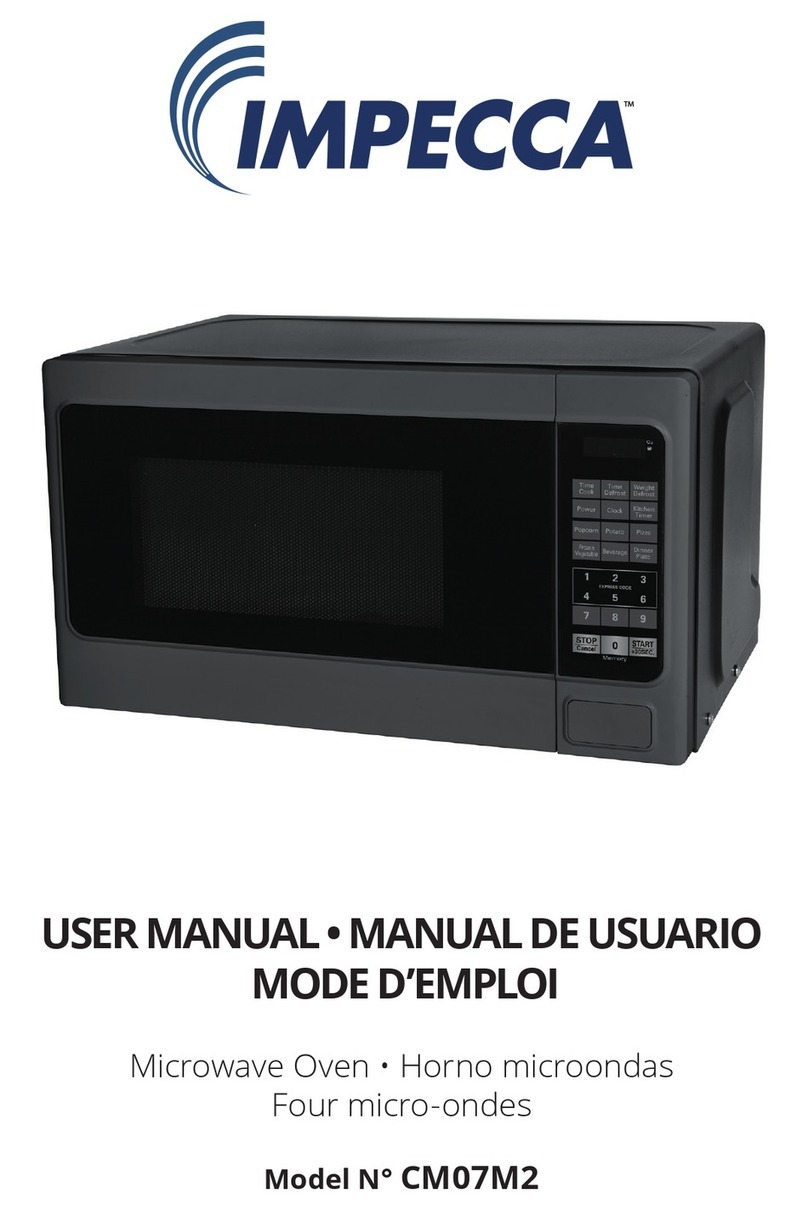
Contents
safety warnings .................................................................................................................. 4
unpacking............................................................................................................................ 9
getting ready..................................................................................................................... 10
introducing microwave cooking ......................................................................................11
cooking with a microwave..............................................................................................................11
checking your cooking utensils ......................................................................................................12
using aluminium foil in your microwave .........................................................................................12
materials that can be used in the microwave.................................................................................13
microwave heating categories .......................................................................................................14
steam .............................................................................................................................................15
condensation .................................................................................................................................15
product overview.............................................................................................................. 16
the main unit ..................................................................................................................................16
the control panel ............................................................................................................................16
checking your microwave................................................................................................ 17
clock setting...................................................................................................................... 18
kitchen timer ..................................................................................................................... 19
setting the child lock........................................................................................................ 20
microwave cooking .......................................................................................................... 21
grill or combination cooking ........................................................................................... 22
express or quick cooking ................................................................................................ 23
express cooking.............................................................................................................................23
quick cooking .................................................................................................................................23
multi-stage cooking.......................................................................................................... 24
auto cooking ..................................................................................................................... 25
auto-cook menu .............................................................................................................................25
meat menu.....................................................................................................................................25
auto-cook menu table ....................................................................................................................26
weight defrost................................................................................................................... 27
time defrost....................................................................................................................... 28
cooking memory function................................................................................................ 29
setting cooking memory.................................................................................................................29
running saved cooking memory.....................................................................................................29
checking the cooking function........................................................................................ 30
to nd out the current cooking setting............................................................................................30
to nd out the time .........................................................................................................................30
cleaning your microwave................................................................................................. 31
frequently asked questions............................................................................................. 32
specications.................................................................................................................... 33
K30GSS13_IB_RC_131230_Michelle.indd 3 06/02/2014 10:19 AM
